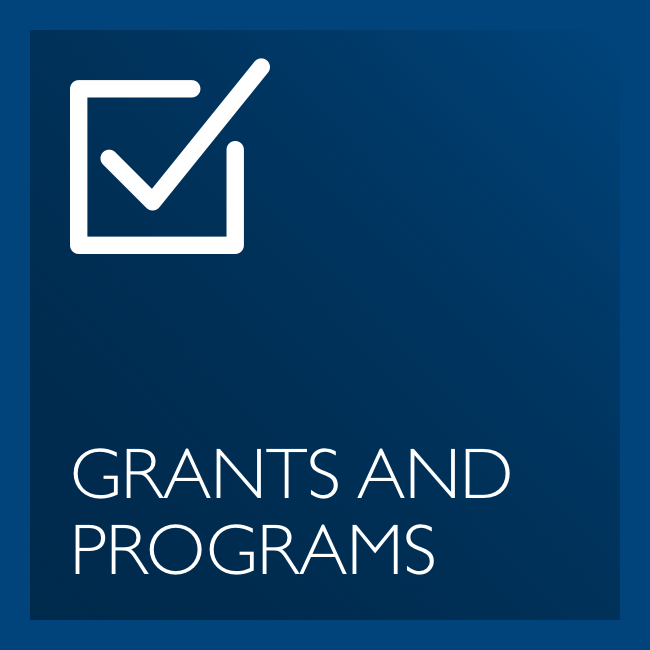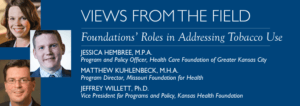Georgia Health Initiative: September 2025
A new report, “Progress Towards Vitality: A 10-Year Retrospective Analysis of Systems Focused Efforts to Improve Maternal Health in Georgia,” analyzes a subset of recommendations put forward by the Georgia Maternal Mortality Review Committee (MMRC) and the Georgia House Study Committee on Maternal Mortality to improve maternal mental health in the state.
Philanthropy @ Work – Transitions – September 2025
The latest on transitions from the field.
Philanthropy @ Work – Grants and Programs – September 2025
The latest on grants and programs from the field.
Foundation for a Healthy Kentucky Report: September 2016
Multiracial and black Kentuckians tend to report higher rates of smoking, obesity, asthma, and poor mental health than their white counterparts, according to a new report by the Foundation for a Healthy Kentucky. The report also found that black and Hispanic Kentuckians are less likely to have health insurance than white Kentuckians.
Foundations’ Roles in Addressing Tobacco Use
Tobacco remains the leading preventable cause of death in the United States and the world and is a major factor in four of the five leading causes of death.
In 2017, Boston Will Be the Place to Be
2017 is GIH’s 35th anniversary, and leadership is on our minds. In the 35 years since we were founded, the landscape of health philanthropy has changed dramatically.
2017 GIH Annual Conference: Call for Proposals
We invite you to help shape GIH’s 2017 annual conference. Proposals must be submitted by Friday September 30, 2016.







